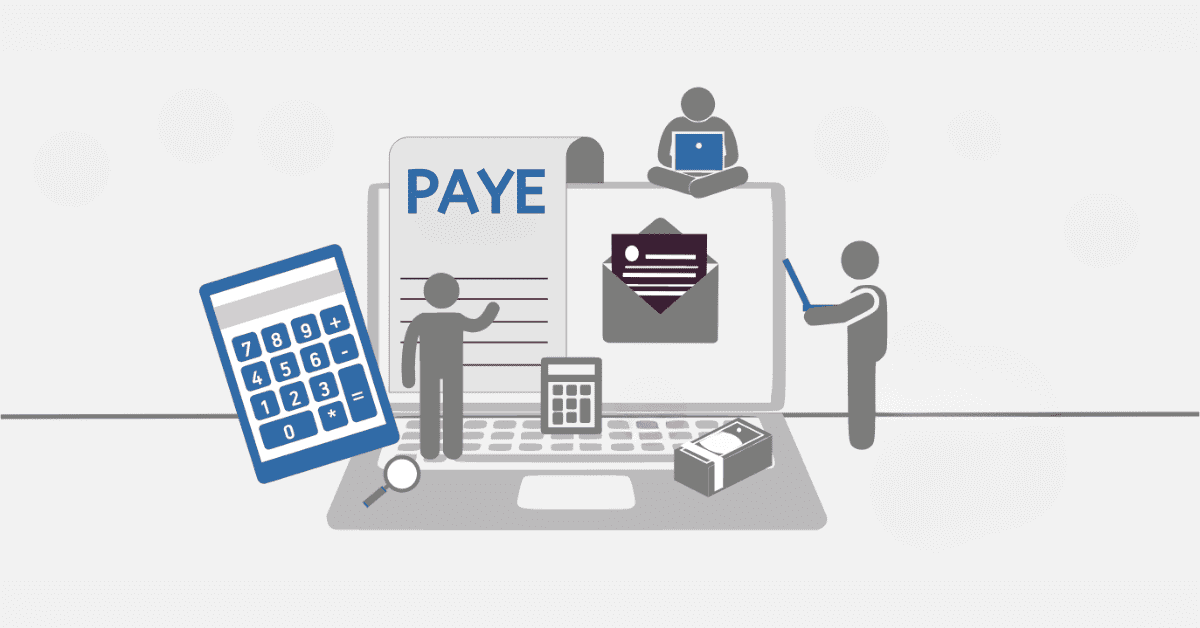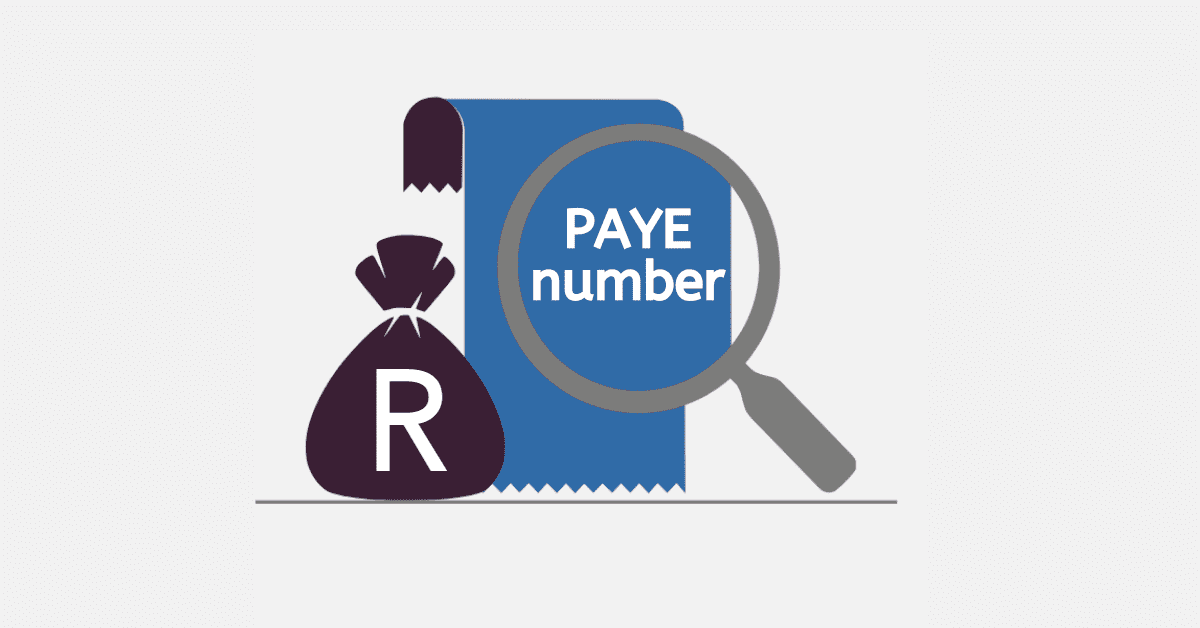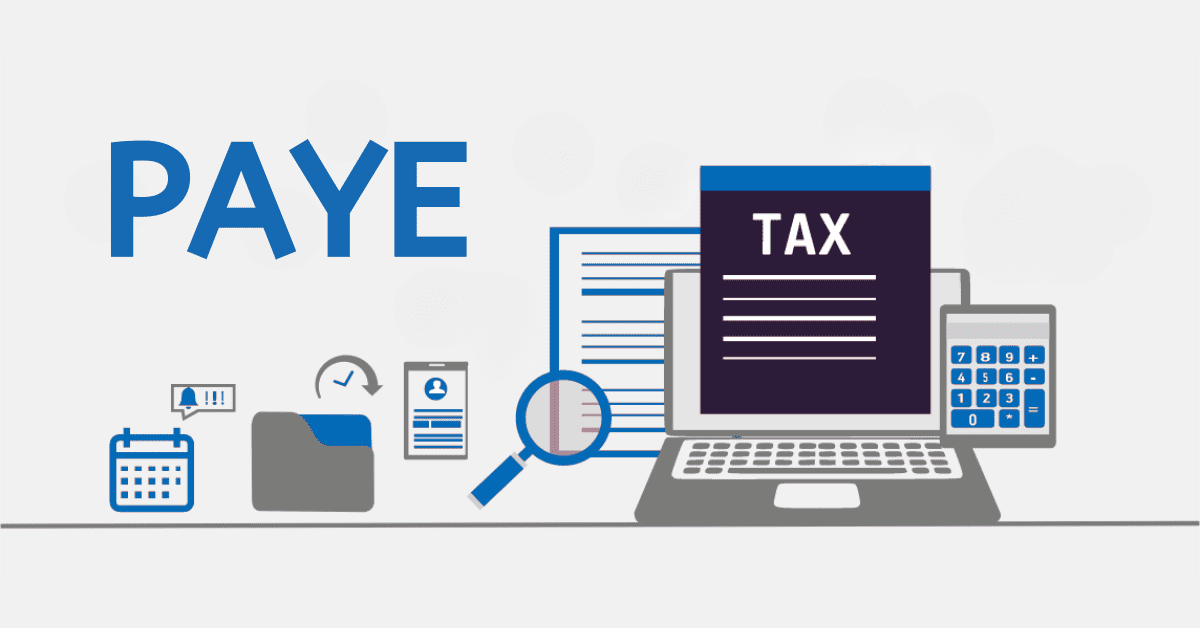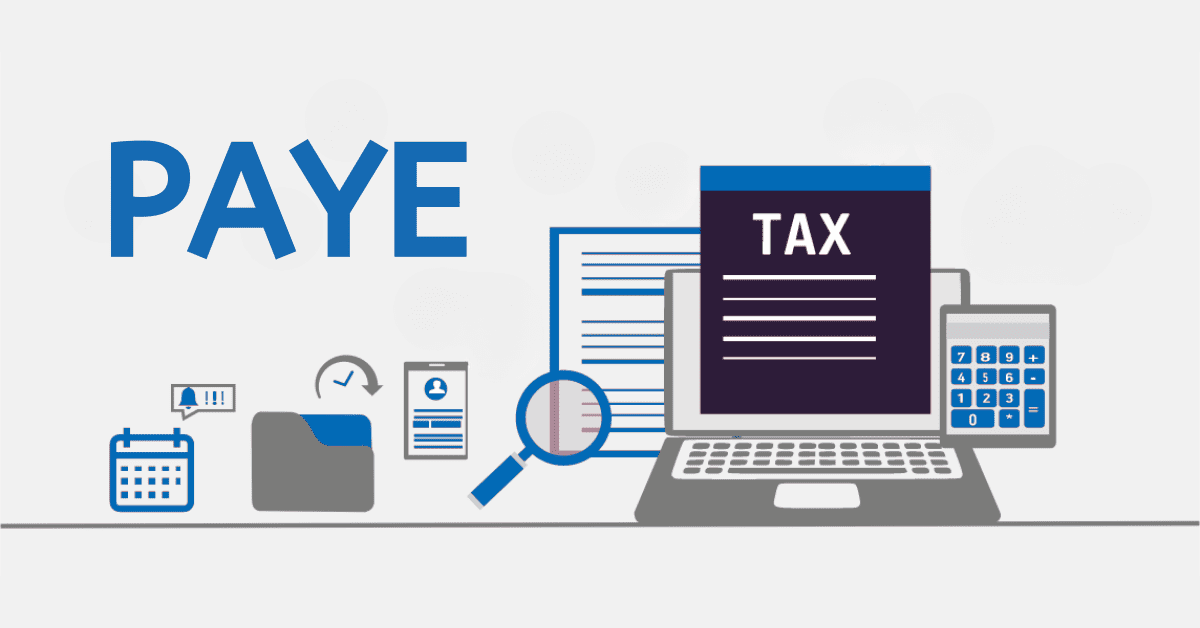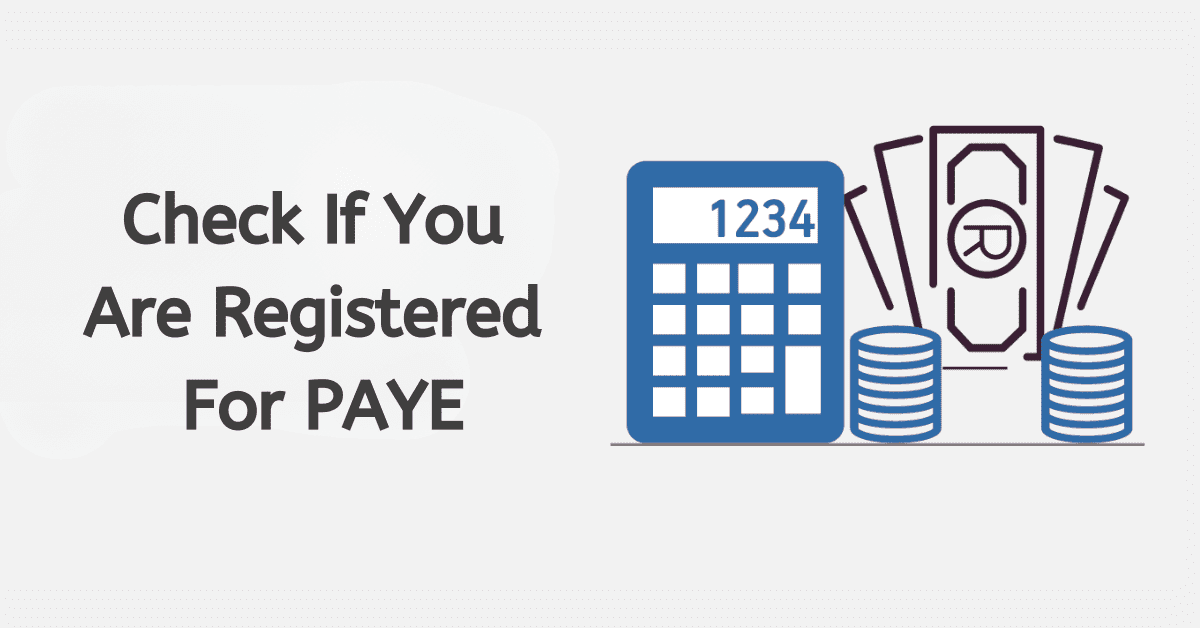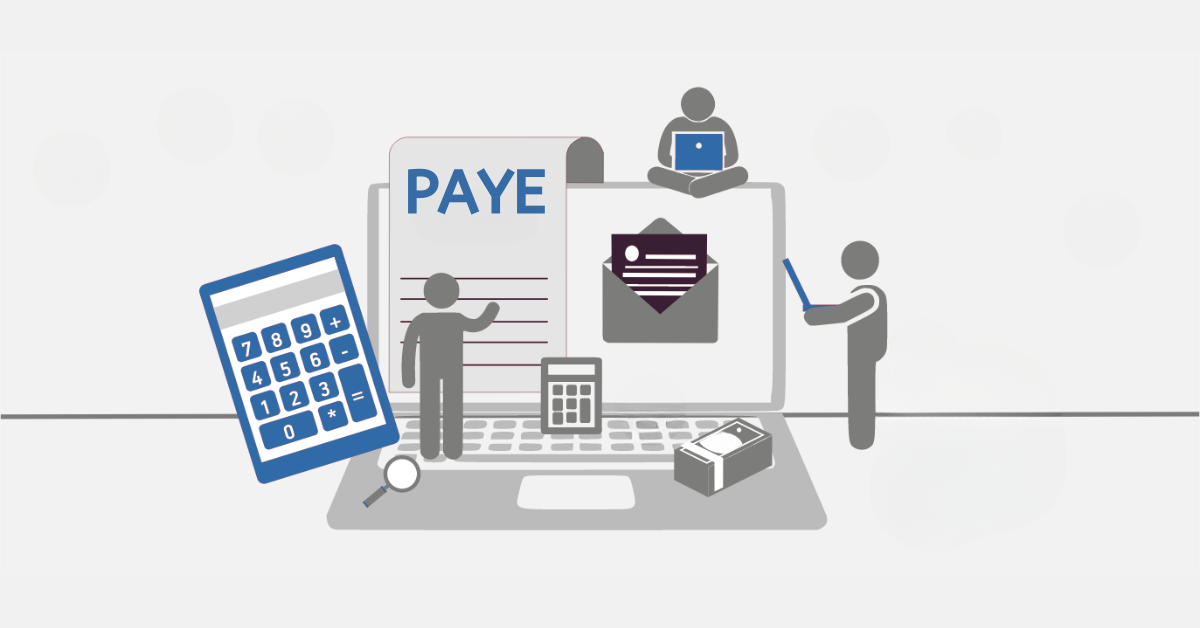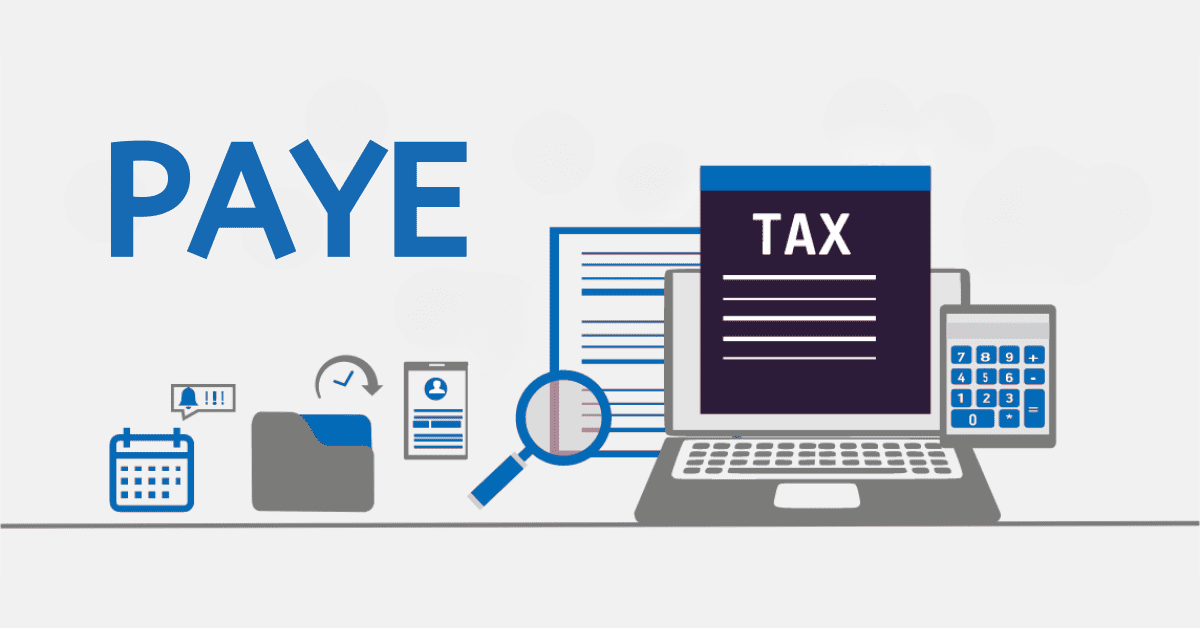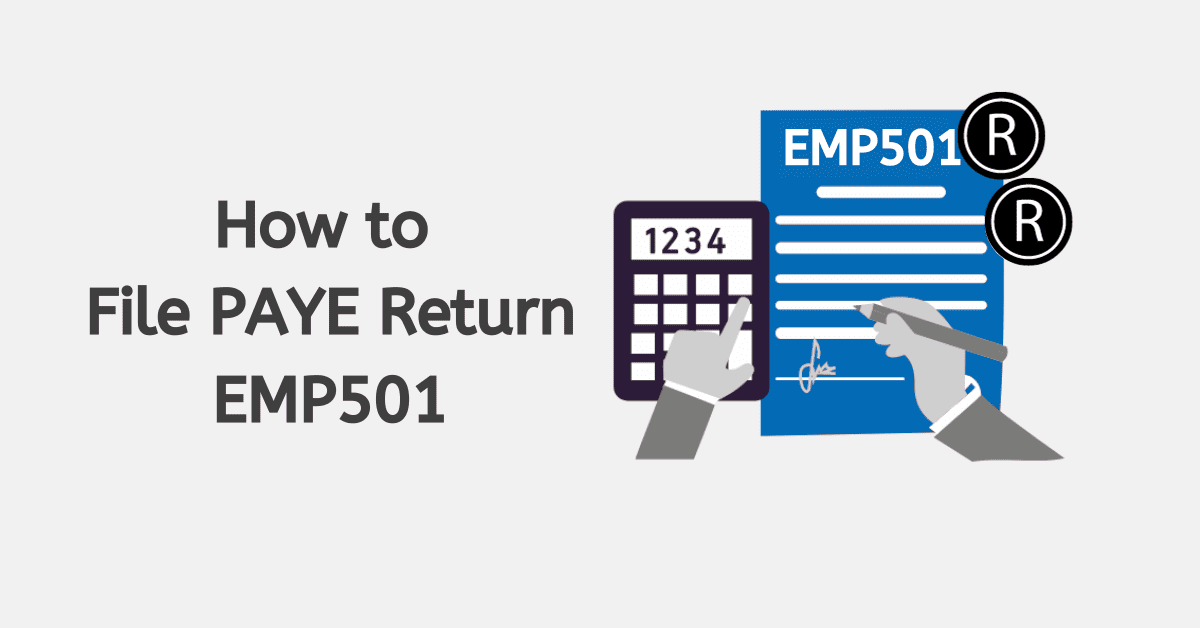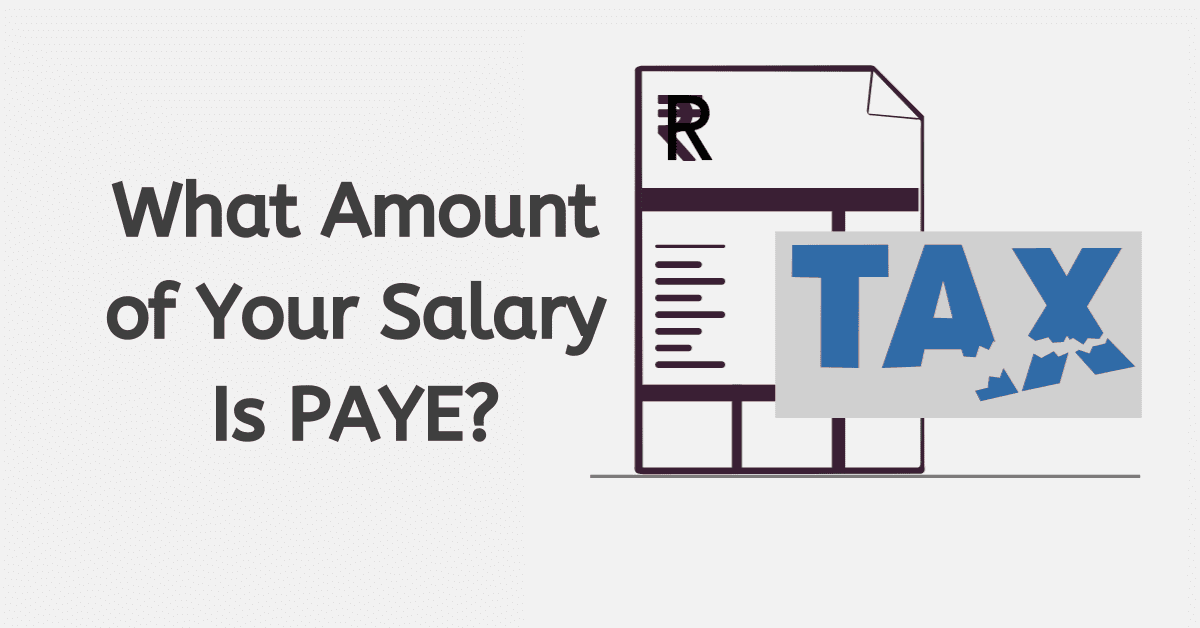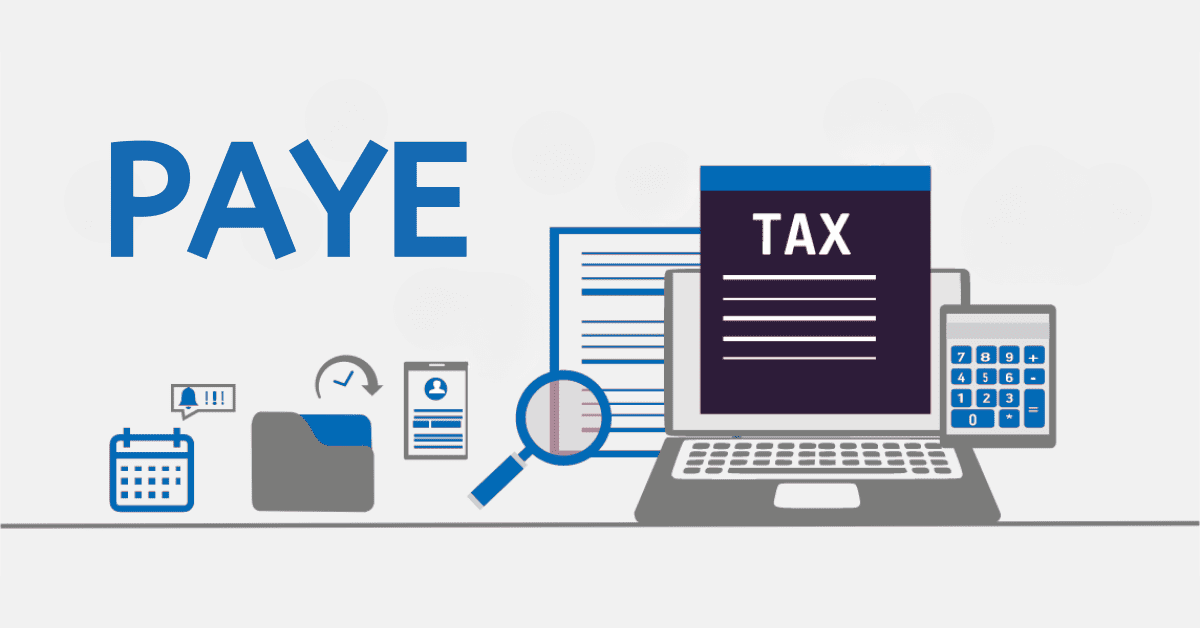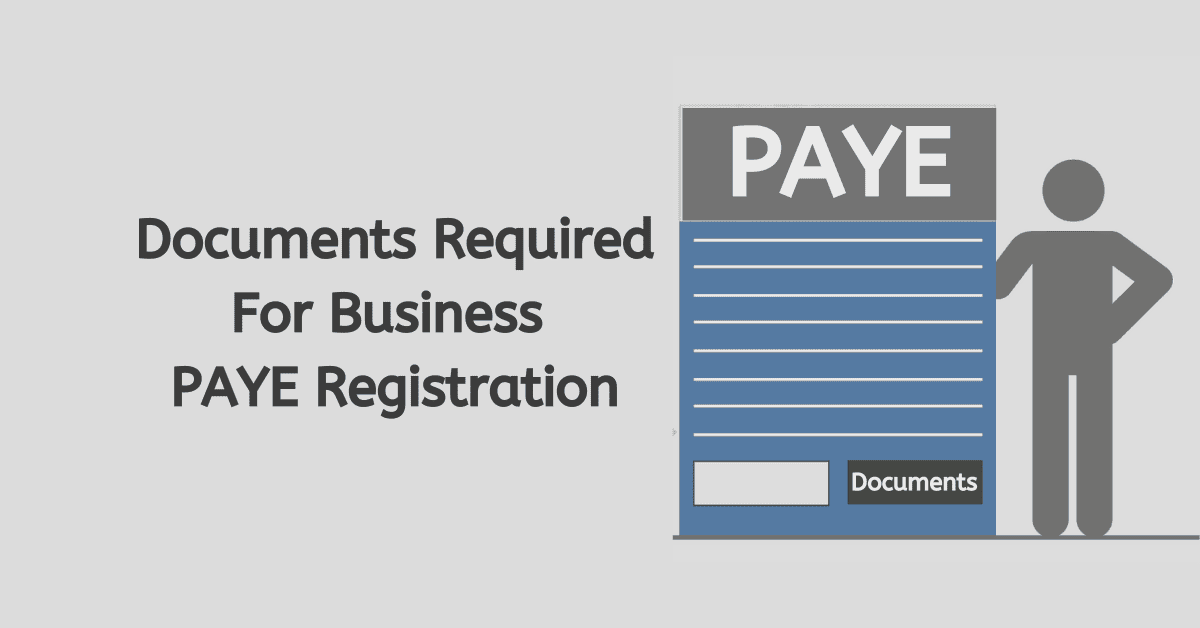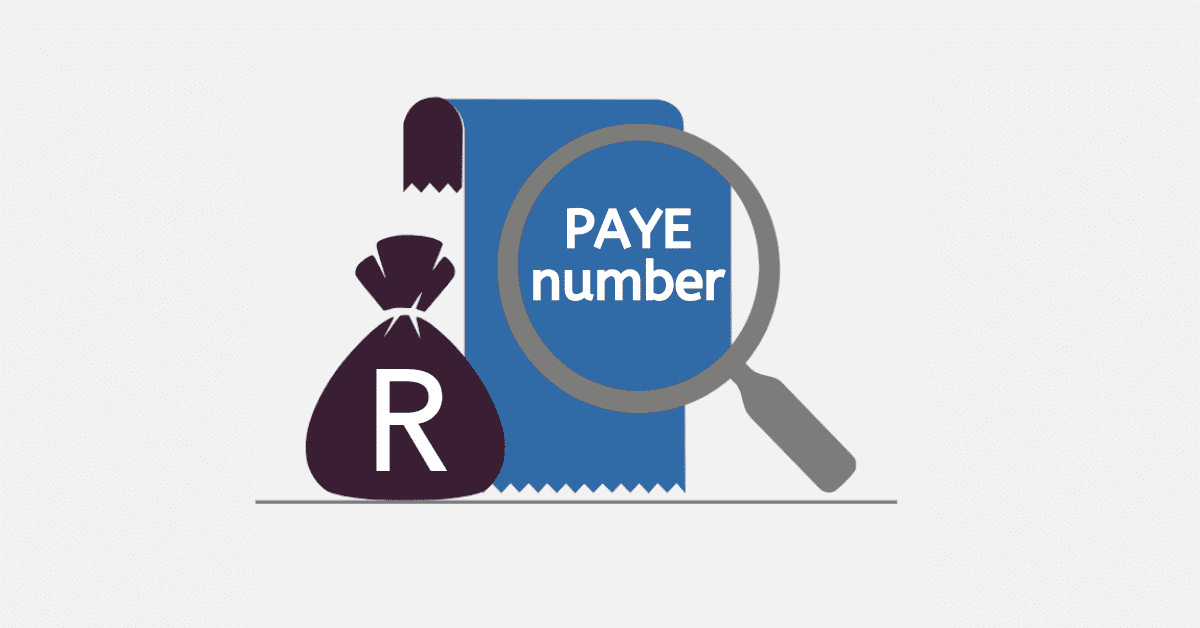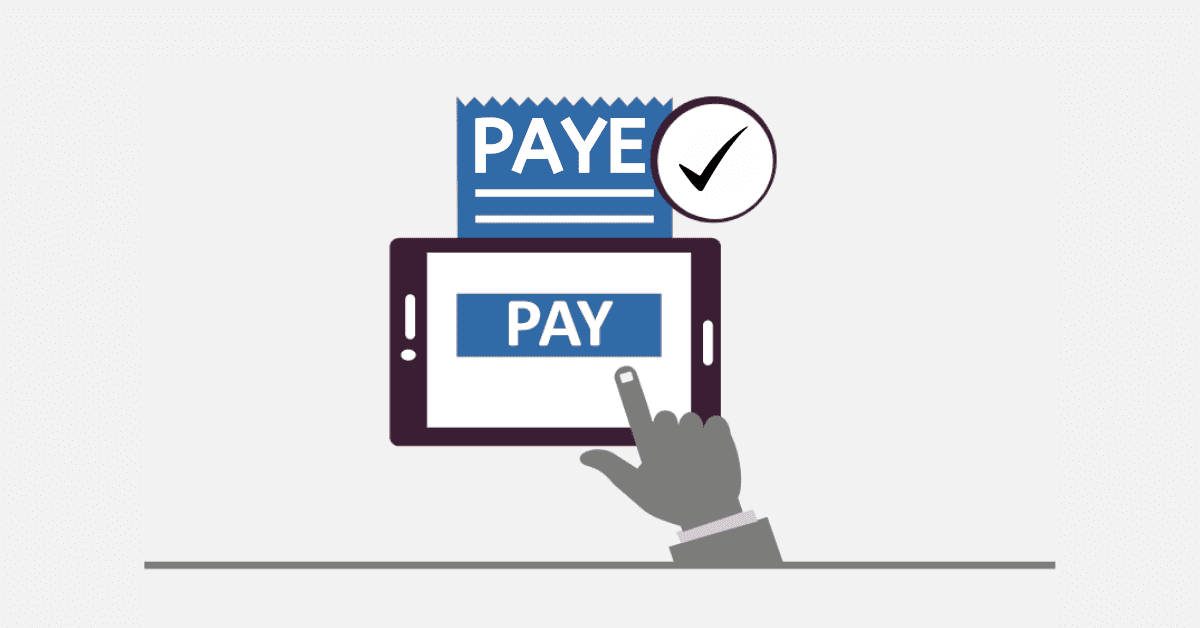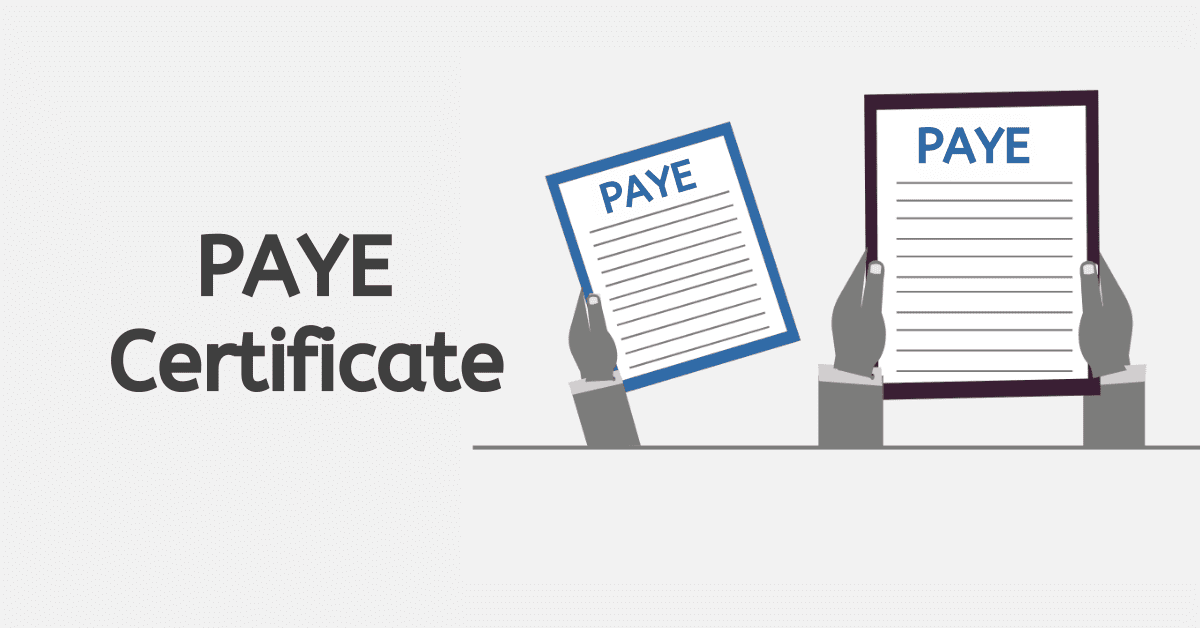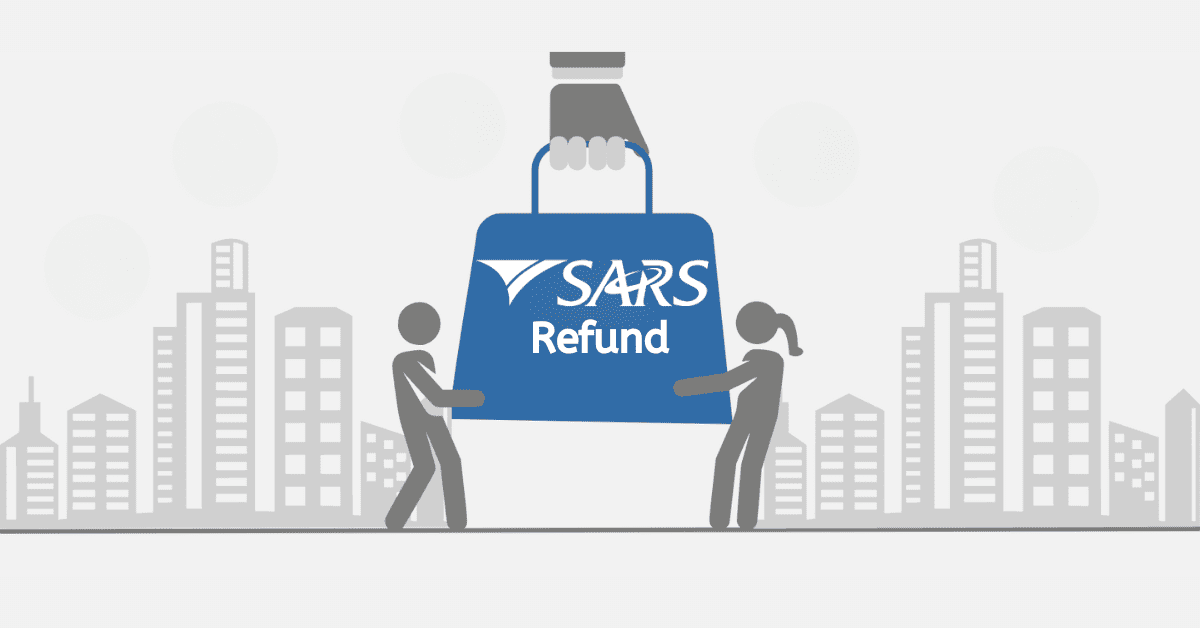The South African Revenue Service has implemented a penalty system that becomes more severe and frequent as non-compliance worsens. In addition, it’s important to note that interest will accumulate on any unpaid PAYE amounts. This interest will gradually increase over time until the entire payment is settled. It is recommended for employers to follow tax regulations, submit their returns on time, and pay any outstanding amounts promptly. This will help them avoid incurring penalties and interest and also contribute to creating a tax environment that is compliant and transparent.
Once you know there are penalties and interest applied to late PAYE payments, it should encourage you to make payments on time. However, there are certain reasons where there could be default. Although SARS does not look into the reason for defaulting, there are ways to avoid these penalties when you anticipate late payment.
Is interest calculated on penalties?
Staying on top of your tax obligations is crucial to prevent any extra expenses from piling up. Yes, SARS calculate interest on penalties associated with PAYE.
Taxpayers are required by SARS to make their provisional tax payments in a timely manner. These payments are usually due twice a year. If you are unable to meet these deadlines, SARS will impose interest charges on the remaining amount. This provides taxpayers with a financial incentive to fulfil their obligations in a timely manner.
How to calculate interest and penalties on paye
Timely payment of PAYE taxes is extremely important in South Africa. If the deadlines are not met, penalties and interest charges will be incurred. Penalties and interest are calculated by taking into account the amount of PAYE that is still outstanding after a grace period of 60 days.
If you fail to pay your PAYE on time, you will be charged a penalty. This penalty is calculated by adding a 10% levy to the total amount that is still outstanding.
Let us take it as if an employee is residing in South Africa, earning a monthly salary of R8000. All things being equal, let us say that the PAYE rate you need to consider is 18%. The payment for PAYE is due at the end of each month.
Remember this is a hypothetical example, and therefore this can be applicable at some point.
My monthly salary is R8000 and the PAYE rate is 18%.
To calculate PAYE, you would multiply 18% by R8000, which equals R1440.
As a result, the employer must remit R1440 as PAYE to the South African Revenue Service before the end of the month
If the employer doesn’t make this payment within the 60-day grace period, they will be subject to penalties and interest on the remaining amount.
To calculate the penalty, you need to take 10% of R1440. This can be done by multiplying 0.10 with R1440, which equals R144.
The late payment penalty amounts to R144.
To calculate the interest, let’s assume an interest rate of 7%. The daily interest rate would be around 0.0075% (which is obtained by dividing the annual interest rate of 7% by 365 days).
Suppose that after the 60-day period, the total outstanding amount is R1440 for the original PAYE, plus an additional R144 for the penalty, resulting in a total of R1584.
The daily interest on R1584 is calculated to be R0.1188, which is equivalent to 0.0075% of the initiall amount.
If the outstanding amount is not paid for another 30 days, the interest that would accumulate is calculated as follows: R0.1188 multiplied by 30 equals R3.564.
So, if the employer doesn’t pay the R1440 PAYE obligation within the 60-day free period, they would have to pay a penalty of R144 and approximately R3.564 in interest charges on the amount that is still outstanding.
Have it in mind that the actual calculations may differ depending on the specific tax regulations and rates that are in effect at the time of the calculation.
How much interest is exempt from SARS?
The exemption on interest rate levied by the South African Revenue Service can differ among the tax payments and amount. Although the interest rate percentage rate may cut across late PAYE payments, it does not take away that SARS has limitations and can reconsider certain rates depending on how much is owed.
However, there is a general 15% interest that can be exempted from SARS.
How are SARS penalties calculated?
The South African revenue penalties are calculated based on the remuneration of the employee, which ideally indicates the tax bracket. Also, the days the PAYE payment was due as well as the percentage of the penalty that will be applied accordingly.
The penalty serves as a reward to SARS and a punishment to the offenders. SARS can levy an amount of R2000 on an employer every month for taxes that are due. This means the penalties will be calculated on every month that payments are delayed.
